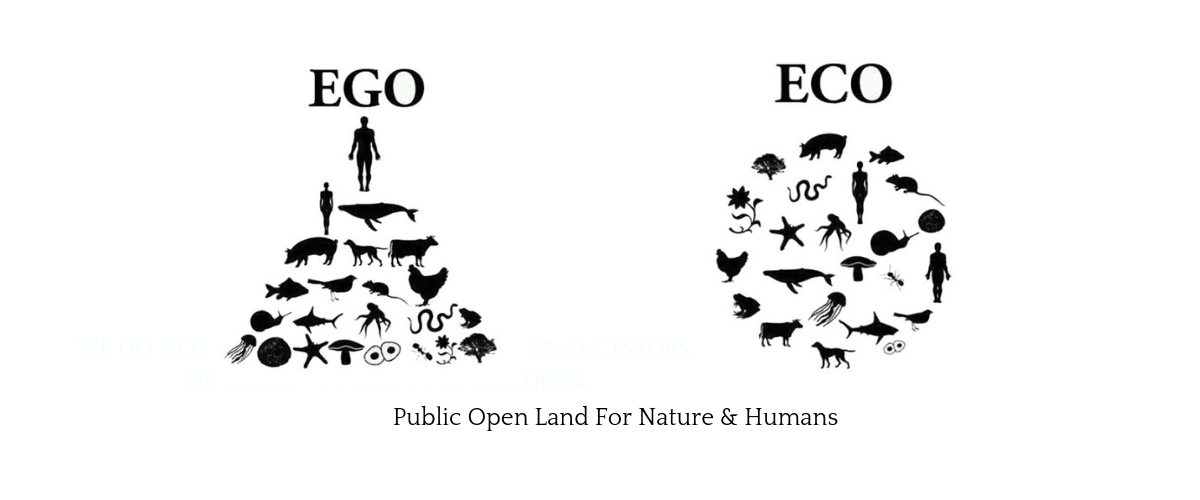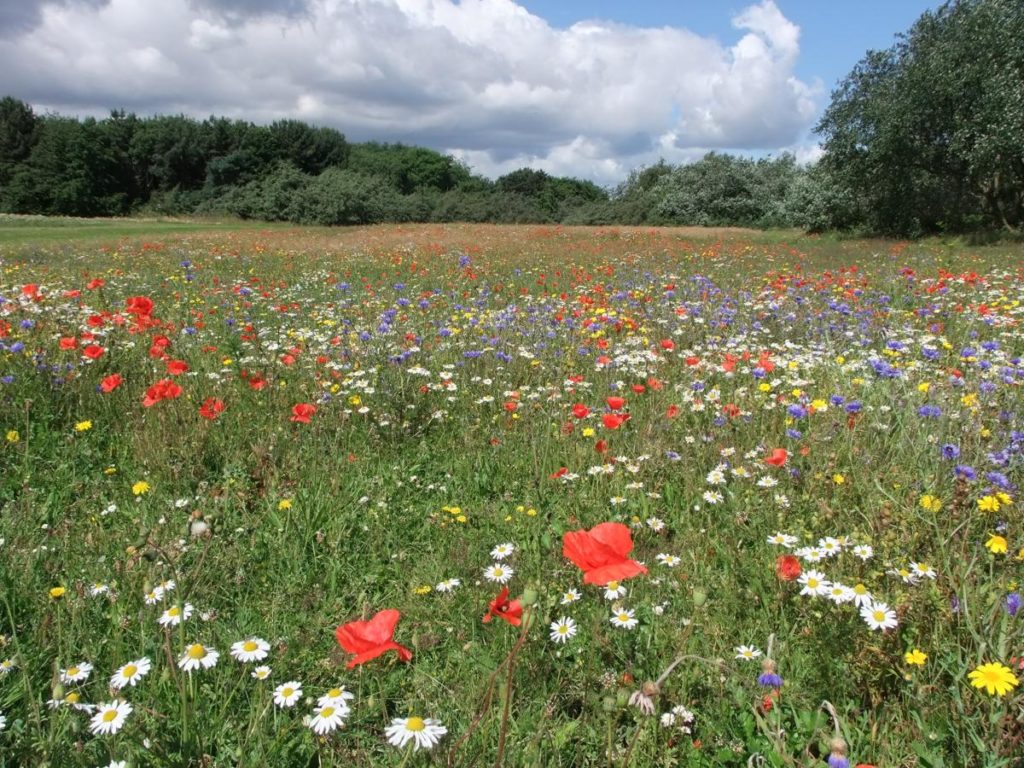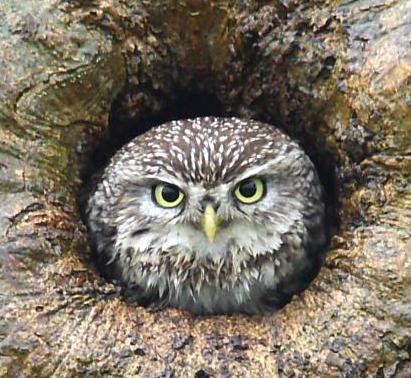
What is biodiversity and why are SINCS on Warren Farm so important to Human Health in Ealing?
Warren farm is a SINC (Site of importance for Nature Conservation), parts of which have never been farmed or destroyed – until now, in plans to remove the ancient hedgerow to make an access route for Trucks delivering ‘landfill’ to level the entire site.
A new report from London Wildlife Trust, Spaces Wild, highlights the importance of protecting these sites for people, for nature, and as a critical component of London’s green infrastructure.
They provide a vital home to many of the 13,000 species that have been recorded within the capital over the last 50 years, including many rare and threatened species. They also provide a place for people to walk, relax and escape the stresses of city life, positively influencing mental and physical health. And they provide essential ‘city services’; such as reducing flood risk, moderating local temperatures and enhancing air quality.
However, the capital’s SINCs are coming under increasing pressure as the city and its population grows. London boroughs, land managers and the communities that benefit from them need to be better equipped to use the policy framework that is in place to ensue they are protected and managed for the benefit of wildlife and people.
“Wildlife sites are an essential part of the city’s fabric, providing refuges for biodiversity, places for people to have contact with nature, and keeping London vibrant and healthy. We hope this report can inform and support local authorities, land owners and communities, encouraging them to value London’s open spaces and ensuring that such sites survive and prosper as species-rich ecosystems, benefiting the entire city.”
Gemma Hallam, Senior Planning Officer with London Wildlife Trust.
Their report encourages the public to get involved in the planning process to ensure policies to protect these sites are rigorously applied.
Health is our most basic human right. For most people, it does not just mean freedom from illness, but a state of overall social, emotional, physical, spiritual and cultural welfare. Being well, and having the capacity to look after our health and that of our family or community, depends upon a range of factors, including our economic status and ultimately on our environment. Health is therefore one of the most important indicators of sustainable development.
Biodiversity is the foundation for human health.
By securing the life-sustaining goods and services which biodiversity provides to us, the conservation and sustainable use of biodiversity can provide significant benefits to our health. In contrast, the continuing loss of biodiversity on a global scale represents a direct threat to our health and well-being.
Without a global environment that is healthy and capable of supporting a diversity of life, no human population can exist.
Natural play
Research shows that children who are in regular contact with natural green spaces demonstrate enhanced cognitive development, and are more able to cope with stressful life events. Regular connection with nature at an early age can also have a positive impact upon an individual’s attitude towards the environment in later life.

Yet less than 10% of children today ever play in natural areas, compared to 40% of today’s adults who did.
Many SINCs provide the perfect opportunity for unstructured ‘natural’ play, getting children to use their own imagination which in turn provides benefits for their concentration and relaxation.
Providing city services
Natural habitats are critical to the functioning of the city; they are an important element of ‘green infrastructure’. Wetlands can help reduce the impacts of heavy rainfall, woodlands can help with city cooling and enhance air quality, and wild green spaces provide places in which we can step away from busy streets and relax. These ‘ecosystem services’ – which are so often taken for granted – are increasingly being recognised and evaluated as being important to people’s quality of life and the city’s functionality. The All London Green Grid (ALGG) is the policy framework to promote the design and delivery of ‘green infrastructure’ across London; the network of SINCs provides an essential core from which to further enhance wildlife habitats – and the benefits that they can provide.
That is quite a lot of services we get for free!
The cost of replacing these (if possible) would be extremely expensive. It therefore makes economic and development sense to move towards sustainability.
Therefore protecting, extending and creating SINCs is more than just nice to have; it is essential to making Ealing a more pleasant place to live, work and play.
Appropriate conservation and sustainable development strategies are integral to any approach to preserving biodiversity. Hanwell Nature’s collective of residents have an alternative plan for Warren Farm. A plan that works “In partnership with nature” on Warren Farm. A plan that would support a more eco-friendly vision that maintains the SINC across the entire site for future generations.

A healthy biodiversity provides ‘natural services’ to everyone.
Declining biodiversity is Ealing is therefore a concern for every resident. And as we start destroying, reducing and isolating habitats, the chances for interaction from species with a large gene pool decreases.





Once lost these spaces can never be retrieved… Warren Farm will be lost as an open space to residents for 200 years. With ferocious large scale developments arriving in Ealing, we will be packed in like sardines, the open peaceful fields of Warren Farm a distant memory – and playing football in a private gated space a few hrs a week wont help residents then.
comment awaiting approval
comment awaiting approval